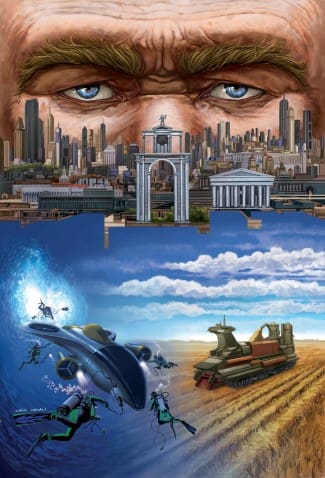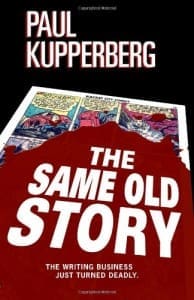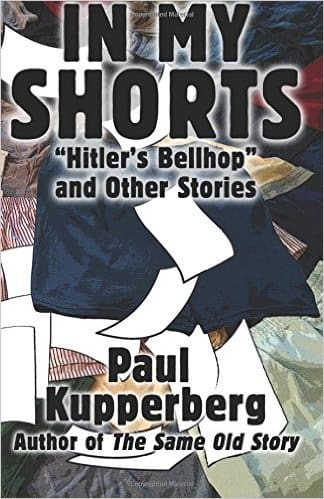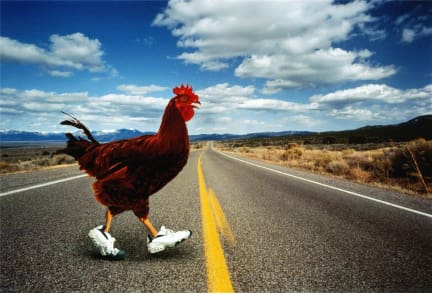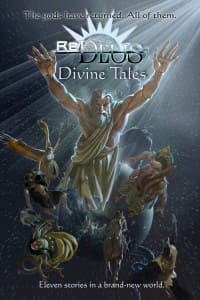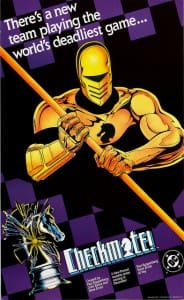According to canon, the world was made in six days. In retrospect, the work does come off as kind of rushed, but seeing as it was the first time anyone had tried creating a whole new world from scratch, any defects can be excused. Well, some of them. But that’s neither here nor there.
In the span of the relatively small sliver of time that we’ve been around, many others have gone on to create universes of their own, sub-realities to real reality—Homer’s Iliad and Odyssey, Milton’s Paradise Lost/Paradise Regained, Burroughs’ jungles and hollow Earth, Howard’s Hyborian Age, Asimov’s Foundation, George R.R.R.R.R.R.R. Martin’s Game of Thrones—to name a few. In my own humble way, I’ve patched together a few worlds myself over the years, most extensively in the early to mid-‘80s in the Arion, Lord of Atlantis comic book series for DC Comics (which I’ve extended into a pair of short stories and a novella in the works—with names and incidents suitably altered to protect myself from any corporately copyrighted reprisal—to be published in 2016 by Crazy 8 Press as Three Tales of Atlantis) and Crazy 8’s own ReDeus trilogy, whose deity infested world was built by Bob Greenberger, Aaron Rosenberg, and myself (long before Crazy 8, in fact, back when we were calling ourselves 3 Mountains or something like that…’cause (Fun Fact®) the “berg” in all our names is German for “mountain.”

